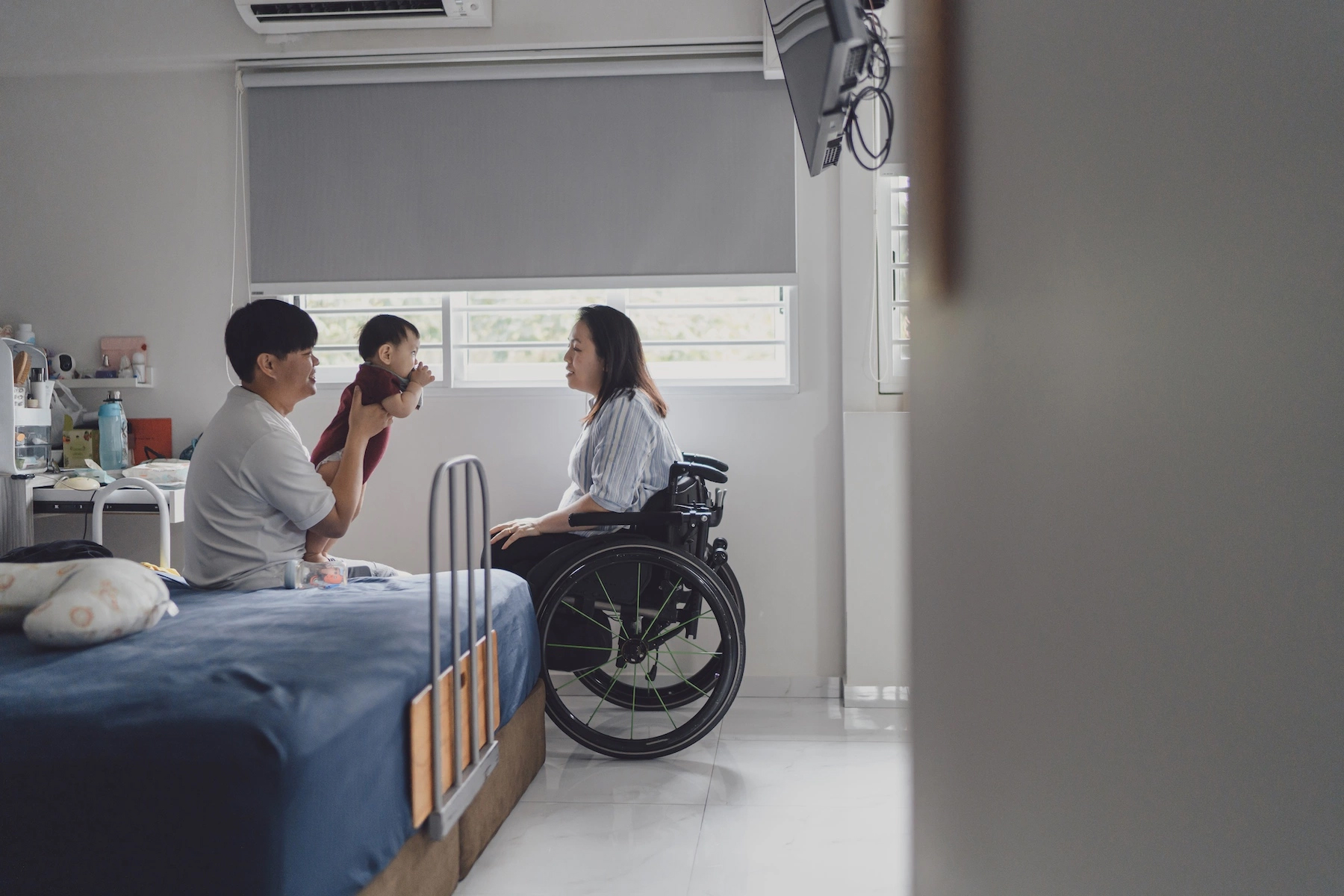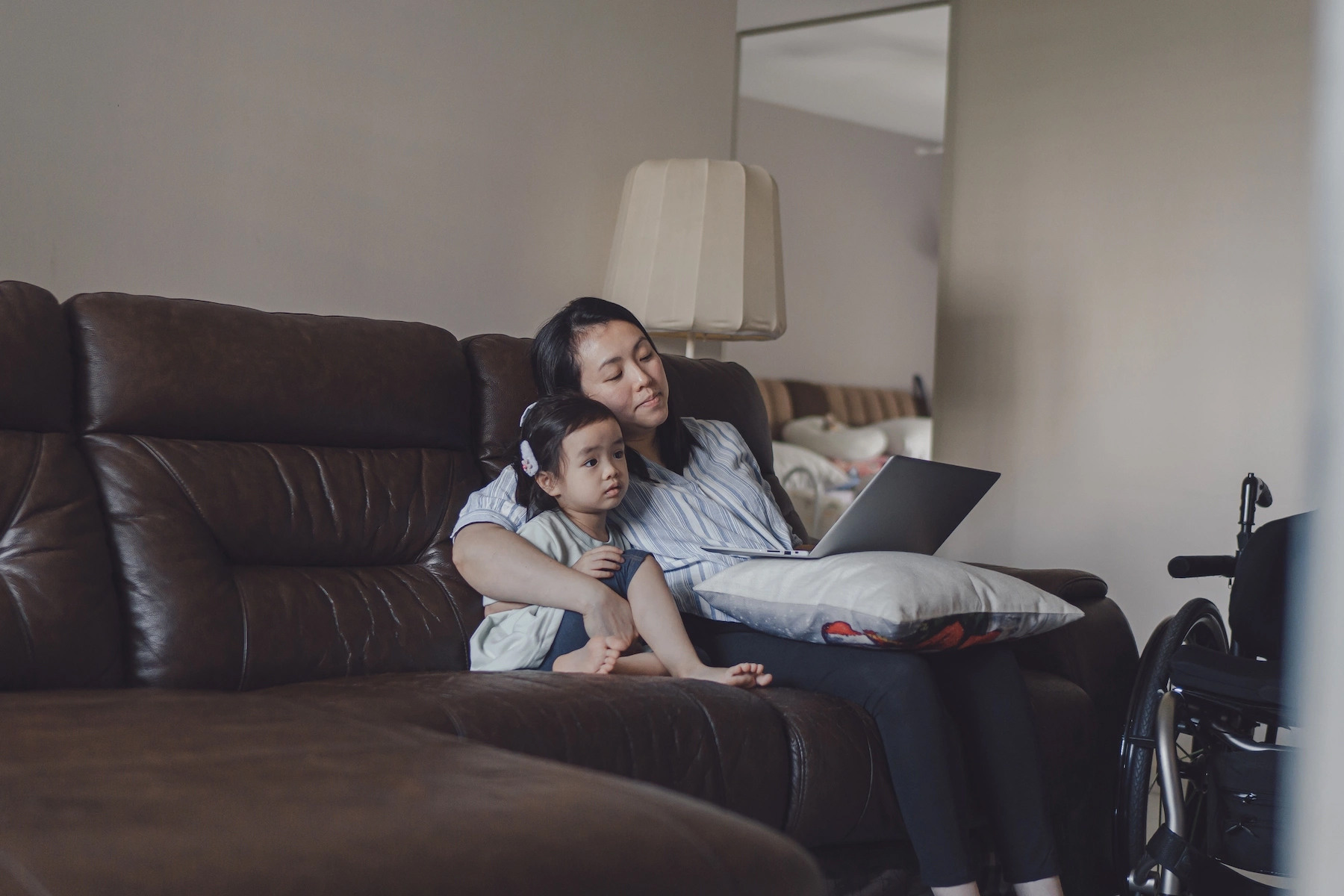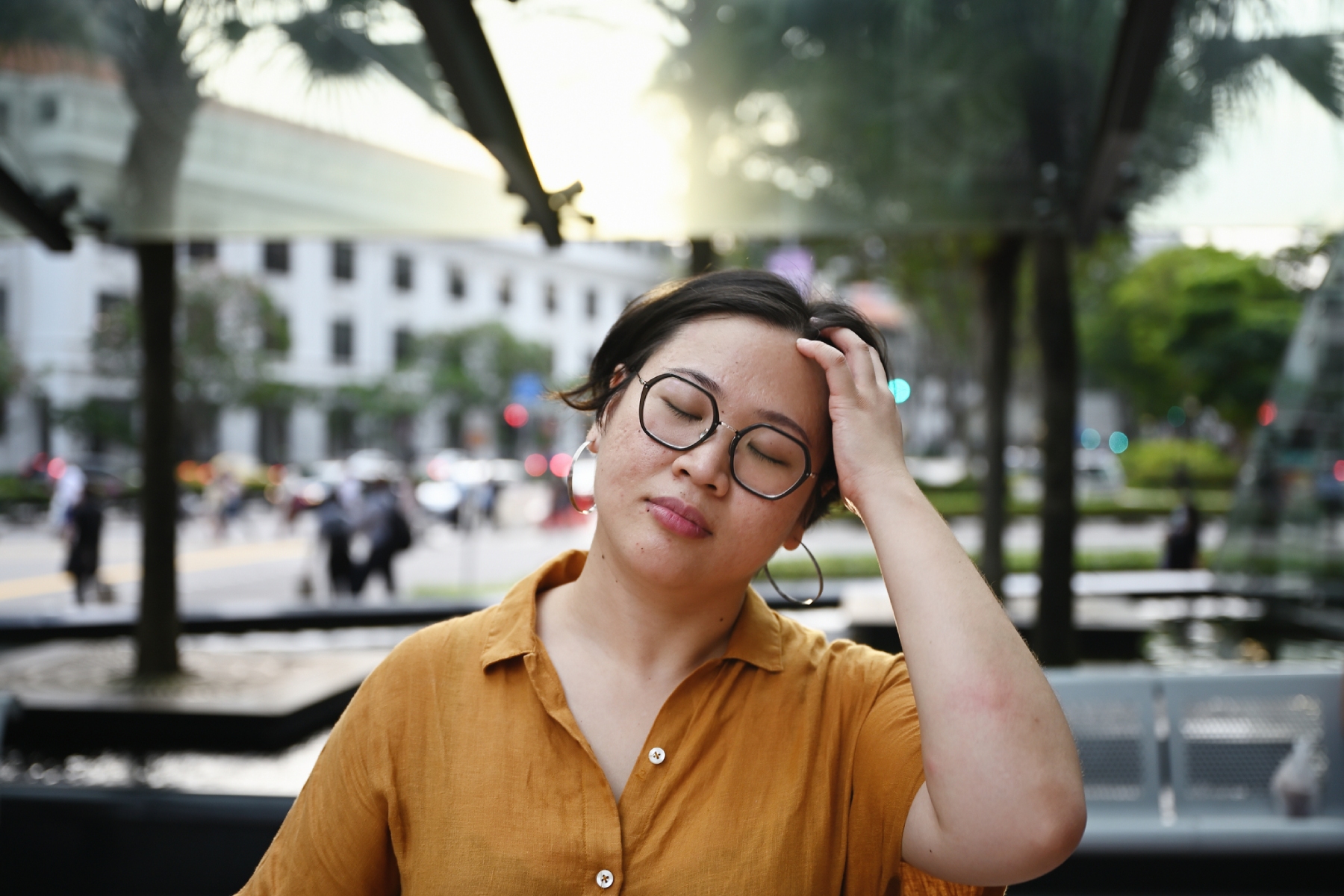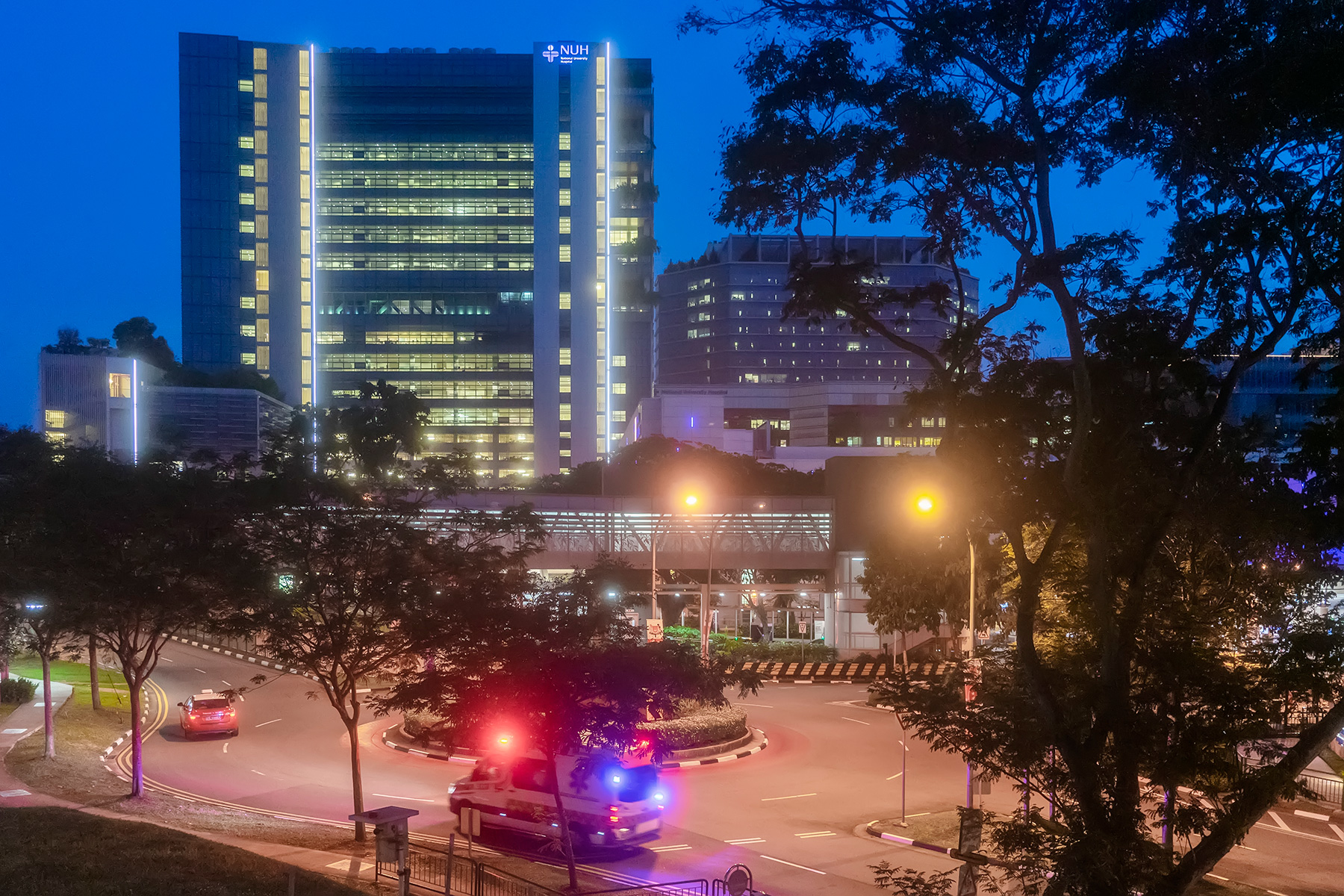Women in Singapore can access various health services catering to their specific needs. But what options are available to internationals?
Singapore’s healthcare system provides quality medical care, though public hospitals often have long waiting times. Citizens enjoy subsidized services and insurance coverage for basics like maternity care. However, foreign women must pay higher costs out-of-pocket or have private insurance for the same services.
Keep reading for an overview of key women’s health topics in Singapore, including:
- Women’s healthcare in Singapore
- Accessing women’s healthcare services in Singapore
- Insurance for women’s healthcare in Singapore
- How can you access gynecologists in Singapore?
- Singaporean women’s clinics and healthcare centers
- Does Singapore’s healthcare system cover cancer screenings?
- Women’s mental healthcare services in Singapore
- Menstrual healthcare in Singapore
- Singapore’s sexual healthcare services
- What contraception methods are available in Singapore?
- Singapore’s abortion laws and services
- Fertility treatments in Singapore
- Maternity healthcare services in Singapore
- Breastfeeding in Singapore
- Menopause health services in Singapore
- Services for abuse and violence against women in Singapore
- Useful resources
Allianz Care
Allianz Care is a world leader in providing international health insurance. Their various premiums provide professionally designed solutions for a variety of expat lifestyles. So, wherever your life takes you, make sure you have the right health protection for you and your family with Allianz Care.
Women’s healthcare in Singapore
Singapore’s Ministry of Health (MOH) regulates the public and private healthcare systems. While citizens and permanent residents have access to universal healthcare (i.e., Medishield Life), foreign women in Singapore have to pay for health services out of pocket or through private health insurance.

Singapore’s healthcare standards are some of the best in the world. In 2000, the World Health Organization ranked the country sixth in the world in terms of the performance of the healthcare system. In 2023, the Legatum Institute, a think tank and non-profit in London, issued a report ranking it first in the “Health Pillar” section that determined:
- The health of a society
- People’s access to health services
Singapore scores better on women’s health outcomes than global and regional averages. The typical female life expectancy reached 85.2 years in 2022, one of the highest globally. The country’s maternal mortality rate is also low, at around seven maternal deaths per 100,000 live births (2020). This was significantly lower than the world average during the same period, with 223 maternal deaths per 100,000 live births.
Similar to global trends, breast cancer is most common among women in Singapore, followed by cervical, colorectal, and lung cancers. While women’s health policy has focused strongly on improving maternal care and managing common cancers through screening programs, mental healthcare needs more attention.
Accessing women’s healthcare services in Singapore
Citizens and permanent residents in Singapore can access subsidized healthcare services at public hospitals, polyclinics, and specialist outpatient clinics run by the government. To qualify for subsidies, Singaporean citizens must show their ID card. Patients in the low-income scheme also need to show their Community Health Assist Scheme (CHAS)card or get referrals under various government schemes and programs.
Foreign women working in Singapore generally do not have access to subsidized public health services. Therefore, they must purchase private health insurance or pay out-of-pocket for healthcare expenses, whether they choose to access private or public health services.
Many foreign women visit private general practitioner (GP) clinics for routine care and obstetrician-gynecologists (OBGYNs) for reproductive health needs. Appointments are easy to book online or by phone, with shorter wait times than public healthcare services. However, public healthcare tends to be more cost-effective than private.
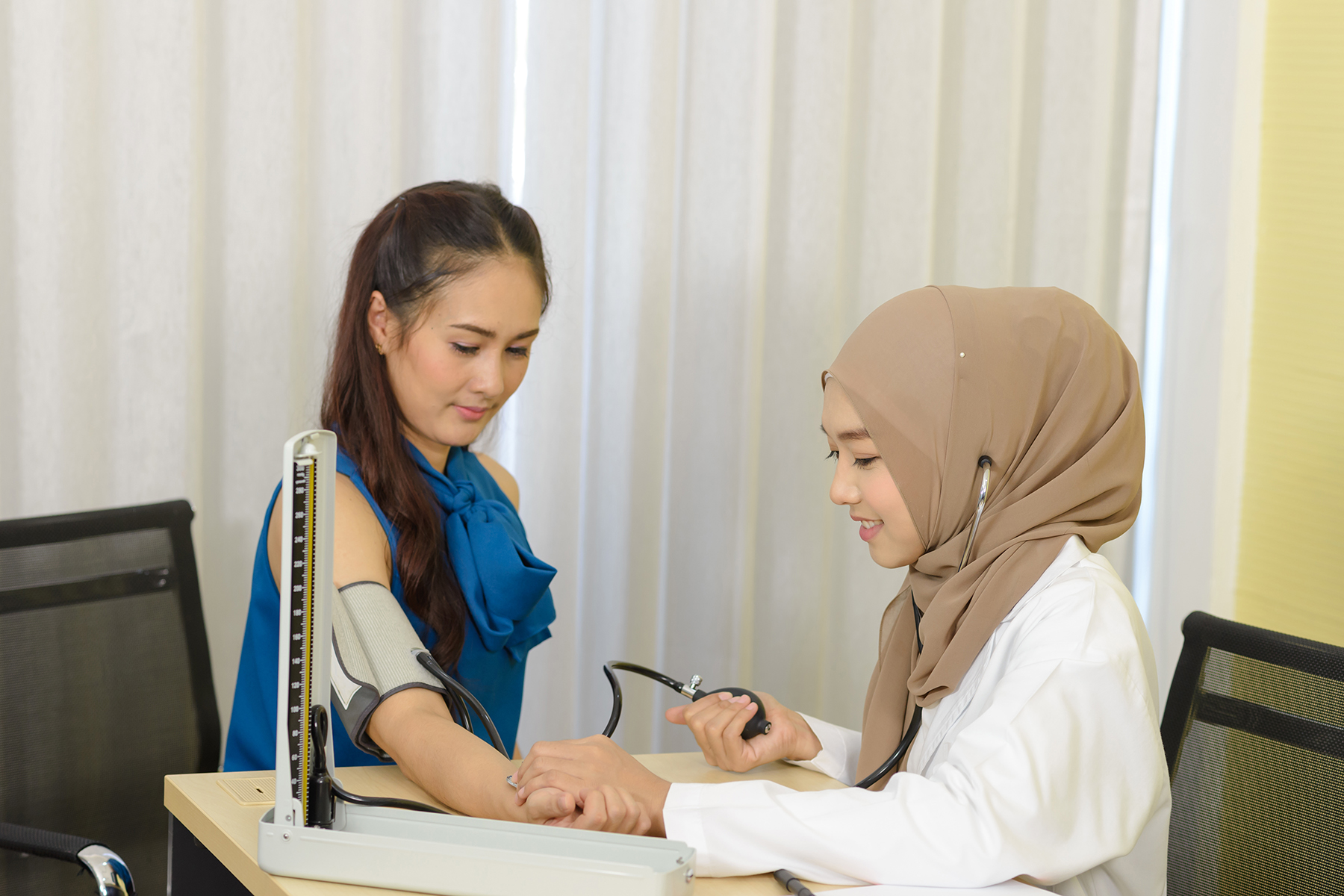
For hospital care, private facilities popular with international women include:

Local expert
Gayatri Bhaumik
Insider tip
However, many expat women prefer to visit private OBGYN clinics not affiliated with hospitals, such as:
Such private OBGYB clinics include:
These hospitals offer specialized women’s health packages ranging from prenatal care, delivery, and breast cancer screening to menopause. Patients can expect luxury amenities, personalized service, and concierge-style hospitality.
Some of the leading public hospitals and centers in Singapore that expats can access include:
While the standard of care is high (i.e., the public healthcare system sets the standards for the private sector), the wait times can be lengthy.
Insurance for women’s healthcare in Singapore
Citizens and permanent residents
For citizens and permanent residents, there are three schemes to cover their medical expenses:
The difference between MediShield Life, IPs, and Medisave can be illustrated as follows:
| MediShield Life | Integrated Shield Plans (IP) | MediSave |
| Basic health insurance provided by Singapore’s Ministry of Health | Supplementary public health insurance | Voluntary but recommended contributions made via MediSave |
| Mandatory for all citizens and permanent residents, administered by the Central Provident Fund (CPF) Board | Voluntary but recommended; contributions made via MediSave | Compulsory contributions, based on the Notice of Computation (NOC) of CPF contributions from the Inland Revenue Authority of Singapore (IRAS) |
| Limited coverage | Wider coverage | Extend coverage beyond MediShield Life and IPs – patients can decide how to use the funds to cover extra medical expenses |
| Example: Pay for treatments, such as hospital stays, labor and delivery costs | Example: Expenses around pregnancy complications, newborn congenital abnormalities, diagnosis, pre-and-post hospitalization, ICU | Example: hospitalization, day surgery, outpatient expenses |
Singaporean women also get subsidized mammograms and pap smears under national breast and cervical cancer screening programs, respectively. For example, the Screen for Life for women aged 50 to 69 every two years.
International residents
However, foreign women in Singapore must buy private maternity insurance to get coverage for delivery and prenatal complications. Top-up plans with maternity insurance provide additional choices like overseas delivery coverage. Premiums for maternity insurance can rise significantly for women over 35 years, so it’s advisable to purchase the insurance when young.
Beyond maternity care, foreign women should also purchase comprehensive health insurance that provides adequate coverage for female cancers, mental health, sexual health, and conditions like endometriosis. This helps avoid large out-of-pocket medical bills that can quickly run into tens of thousands in Singapore’s expensive private healthcare system.
Popular insurance options include high-end private insurance plans or employer-provided coverage for female employees in medium to large companies.
It is always a good idea to compare providers before you make a decision, but two reputable private health insurance options that cater to internationals include:
How can you access gynecologists in Singapore?
In Singapore, you can make an appointment directly with a gynecologist without needing a referral from your primary care doctor. Citizens and permanent residents can access gynecological care through public hospitals and polyclinics at subsidized rates or visit private gynecologists for a fee. Of course, internationals will have to pay for the service or use private health insurance.
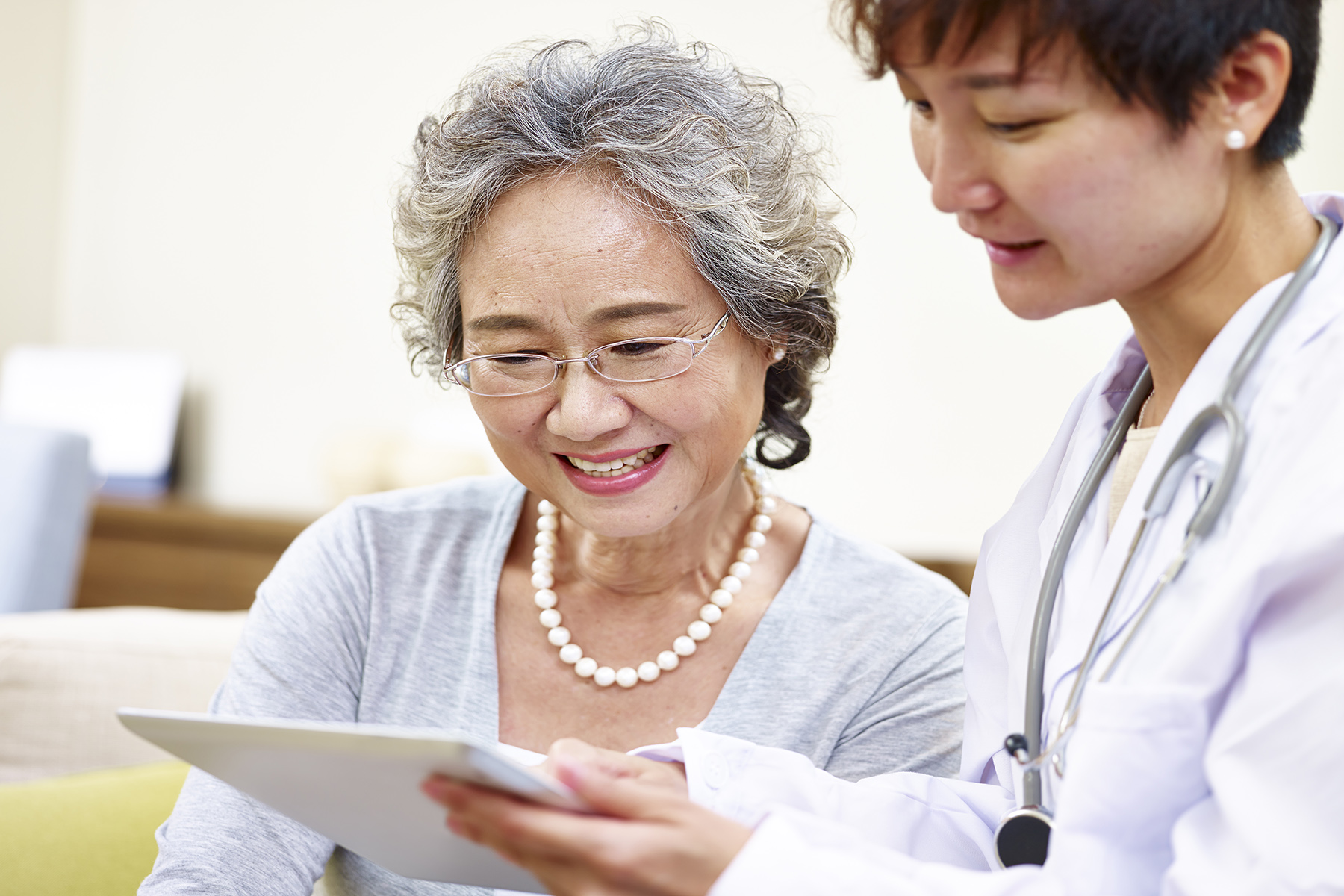
You can register with a single gynecologist, which is advisable as they will get to know your particular health situation, or you can visit multiple specialists. Regardless of how you choose to proceed, you will need to make an appointment, as drop-in services are not standard.
If you go to a public hospital, the waiting times can be extensive even with an appointment, which is less of a concern with a private facility.
For your first gynecology exam in Singapore, you can expect the following:
- Questions about your medical history
- A pelvic exam
- A pap smear
- Possibly other tests, like HPV screening
Singaporean women’s clinics and healthcare centers
You’ll find women’s healthcare clinics across Singapore, from the heartlands to the city center. Some are standalone facilities devoted to women’s health, while others are departments within larger hospitals and medical groups.
Most of these clinics require booking an appointment in advance for consultations and services. This includes:
DTAP Clinic does accept some walk-ins but recommends making appointments.
The Urgent O&G Centre at KK Women’s and Children’s Hospital operates a 24/7 walk-in service for urgent gynecological or obstetric issues. However, for routine women’s health services like sexual health and contraception, appointments are usually needed at dedicated women’s clinics.
Does Singapore’s healthcare system cover cancer screenings?
Singapore began promoting organized screening for breast and cervical cancers in the early 2000s. In 2002, it launched BreastScreen Singapore (BSS), Asia’s first nationwide mammographic screening program. This program provides free biennial screening mammograms for women aged 50 to 69 years old.
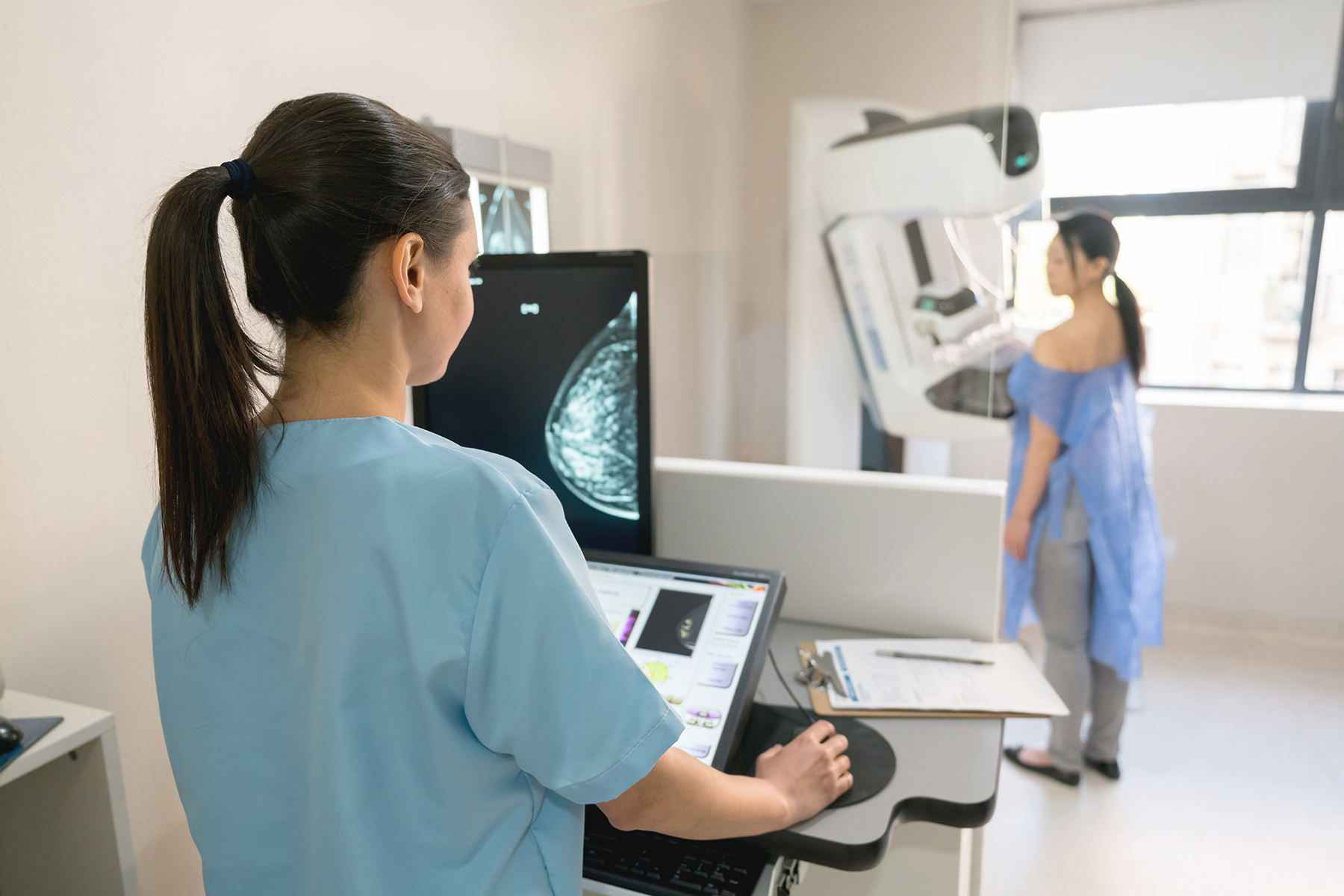
For cervical cancer, the CervicalScreen Singapore program started in 2004 to offer pap smears every three years for women aged 25 to 69.
In addition to these national programs, the Singapore Cancer Society runs initiatives to improve screening rates. These include free mammograms for eligible women aged 40 to 49 and free human papillomavirus (HPV) and pap tests for lower-income women, helping plug gaps in access.
However, screening uptake remains suboptimal, with only 37.6% of eligible women having regular mammograms and only 48% being regularly screened for cervical cancer as of 2022. This is far lower than the national target of 70% and compared to countries like the United States, Denmark, and Finland.
Unfortunately, expat women in Singapore do not qualify for subsidized national screening programs. Still, they can access mammograms, pap smears, and similar tests at public or private hospitals and clinics, but these can be costly without health insurance.
Your private insurance package may include yearly pap smears and mammograms, so contact your provider or review your policy closely to determine if they cover these screenings.
Women’s mental healthcare services in Singapore
When it comes to mental healthcare, women in Singapore have access to services across public hospitals, private clinics, counseling centers, and community organizations. Public hospitals like the Institute for Mental Health, the KK Women’s and Children’s Hospital, and polyclinics offer subsidized psychiatric treatment and counseling for issues such as:
- Postpartum depression
- Anxiety
- Eating disorders
- Abuse trauma
Support groups by non-profits like Silver Ribbon Singapore provide additional assistance tailored for local women dealing with mental health challenges. International women in Singapore can also access local mental health services, though they may face added barriers like language, costs, and cultural disconnects.

However, the number of mental health professionals in Singapore is low compared to similar countries. In 2021, there were just 4.5 psychiatrists and 8.9 psychologists per 100,000 people, while countries like the United States and Australia have higher rates.
The cultural stigma surrounding mental illness also poses significant barriers to help-seeking behavior among both local and foreign women. Public education and outreach are essential to drive change. More tailored, holistic care options would help strengthen the existing infrastructure.
Accessing women’s mental healthcare
Accessing subsidized mental healthcare at public hospitals and polyclinics requires a referral from a primary care provider. However, women can also directly visit private psychiatric clinics and counseling centers without referrals, though they will have to pay unsubsidized rates.
Considering a private psychiatrist will typically charge between S$200 and S$500, this makes accessing mental health services challenging for many women in the community.
Online and telehealth counseling has increased access by allowing remote care options. However, low insurance coverage for mental health and limited use of Medisave savings accounts leaves many shouldering expensive private rates.
While Singapore offers various options for women’s mental healthcare, ongoing efforts to address affordability, stigma, cultural sensitivity, and capacity issues are crucial to boosting access and quality of care overall.
Menstrual healthcare in Singapore
When it comes to managing your period in Singapore, you’ll find a wide selection of menstrual products available. Major retailers and pharmacies stock disposable pads, tampons, and panty liners.
If you’re looking for reusable options, menstrual cups and period underwear are gaining popularity – you can find these at some pharmacies, specialty shops, and online stores. While disposable period products are not taxed, the upfront cost of some eco-friendly alternatives can still be a barrier for some.
Recent advocacy efforts have highlighted that period poverty in Singapore does exist. Considering that 20% of households‘ monthly expenses exceed their earnings, purchasing these products can add a significant financial strain, especially if more than one family member needs them.

Local non-profits like Go With The Flow are working to provide free pads and tampons to girls and women in need. They also aim to break taboos and get people talking more openly about menstruation. Stigma and euphemisms surrounding periods have made it harder to address period poverty in the past.
If you’re experiencing problems like irregular bleeding, severe menstrual cramps, or premenstrual syndrome (PMS) that interferes with your daily life, don’t hesitate to see a doctor.
There are options, such as dedicated women’s health clinics like KKH specializing in treating menstrual disorders. You can also visit your polyclinic or GP, who can provide medications for pain relief and refer you to specialists if needed.
Singapore’s sexual healthcare services
When it comes to sexual and reproductive health, women in Singapore have several options for care. Private specialty clinics also cater specifically to women’s intimate health needs. For example, facilities like DTAP Clinic and Osler Health offer services such as:
- Contraceptive counseling and prescriptions
- STD screening
- Menopause care
- Fertility assessments
These clinics provide quality care to local women and expatriates in Singapore.
In addition to dedicated women’s health clinics, major hospitals in Singapore also have obstetrics and gynecology departments. Hospitals like Gleneagles, Mount Elizabeth, and Raffles Hospital enable international residents to access reproductive health services as private patients.
For Singaporean citizens and permanent residents, government polyclinics provide subsidized reproductive care, including pap smears, breast examinations, and contraception prescriptions. Public hospitals like KK Women’s and Children’s Hospital (KKH) and National University Hospital (NUH) also have women’s clinics for specialized reproductive services such as prenatal screening, menstrual disorder treatment, and more.
An advantage for citizens is that MediSave and MediShield Life can offset costs for procedures like STI tests, mammograms, and maternity care. However, expatriate women typically need to pay out-of-pocket or utilize private insurance when accessing women’s health services in Singapore.
What contraception methods are available in Singapore?
In Singapore, women have various contraceptive options available, although most require a prescription from a healthcare professional. Condoms are the only over-the-counter option easily purchased at pharmacies, convenience stores, and supermarkets.
Meanwhile, other barrier methods, such as diaphragms and cervical caps, along with hormonal contraceptives, including birth control pills, injections, implants, and intrauterine devices (IUDs), require a doctor’s prescription.
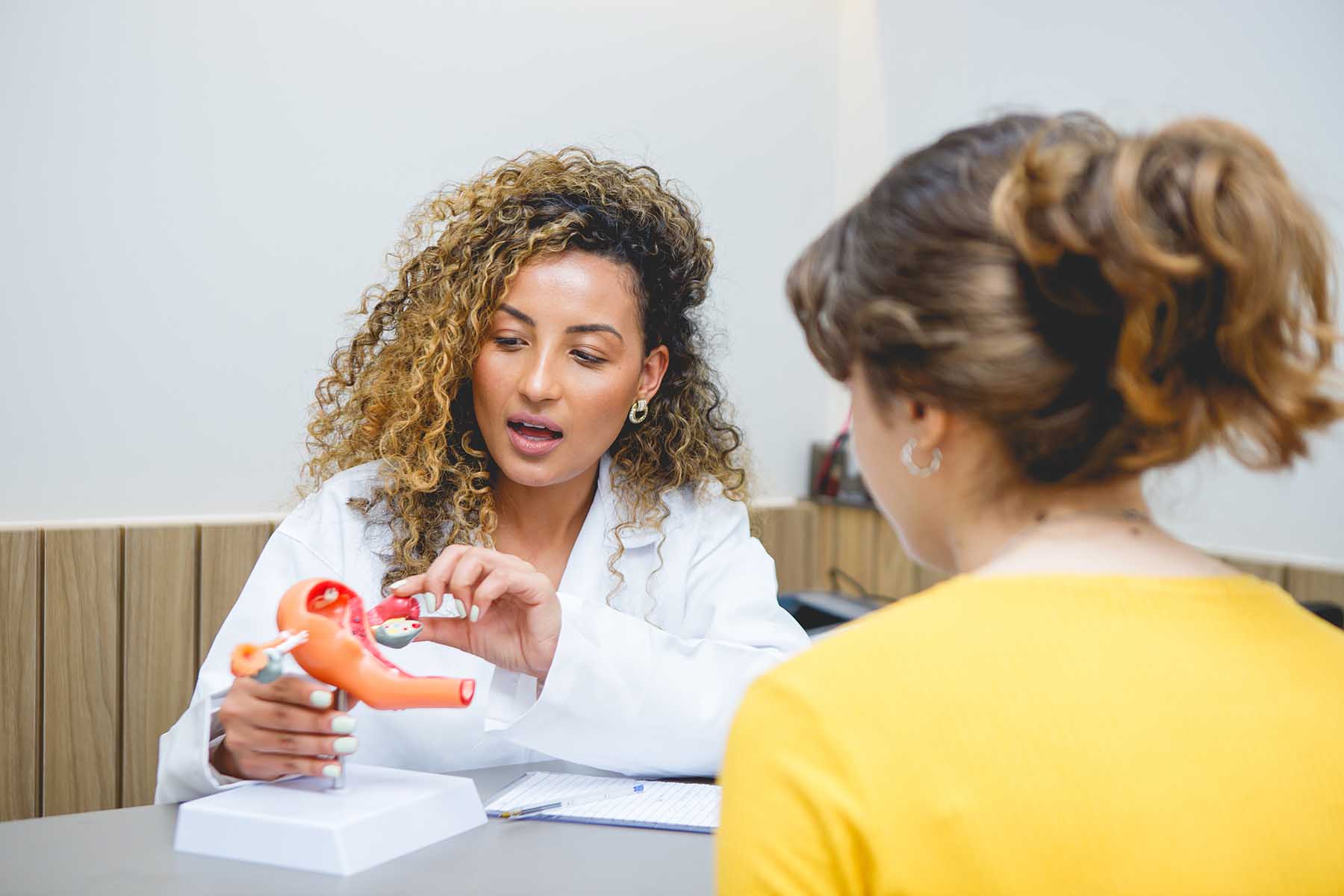
Typically, the initial consultation involves thoroughly discussing your medical history and personal preferences for birth control. First-time users of hormonal contraceptives may go through a more comprehensive evaluation before being prescribed anything. The doctor will then recommend a suitable contraceptive method based on the patient’s age, health status, and needs.
For people seeking permanent long-term solutions, sterilization procedures like tubal ligation – or a vasectomy for their male partner – are options, though these require invasive surgery.
Emergency contraception, such as the morning-after pill, is accessible but only on prescription. Those in need must promptly schedule a doctor’s visit, as the first 72 hours after unprotected sex is critical for the effectiveness of these pills.
Singapore’s abortion laws and services
In Singapore, abortion is legal up to 24 weeks of pregnancy, provided certain residency requirements are met. A doctor can only perform a termination after 24 weeks if the mother’s life is in danger or there is a severe fetal abnormality. Otherwise, late-term abortions past 24 weeks are prohibited by law.
Expat women must meet certain requirements before they can obtain an abortion:
- Resided in Singapore for at least four months prior
- Be married to a Singaporean citizen or permanent resident
- Hold certain work passes
Without meeting these criteria, undergoing an abortion can result in financial penalties or even imprisonment for both the woman and the doctor involved.
For more step-by-step information about accessing an abortion in Singapore, contact AWARE, the Association of Women for Action and Research, on their helpline at 1800-777-5555.
For those who qualify, abortions are performed at licensed clinics and hospitals throughout the country. Both surgical abortions and medication-induced terminations are available. Costs range from S$800 to S$5,000, depending on the facility.
Despite being widely accepted in society, individual doctors can still refuse to perform abortions based on personal beliefs or religion. However, confidentiality around the procedure is protected by law, but the Ministry of Health keeps official records of all abortions carried out.
After the initial doctor’s consultation, mandatory counseling and a 48-hour waiting period are required before a doctor can perform the procedure. An exception exists for minors under 16 seeking an abortion due to rape, who can bypass counseling.
Fertility treatments in Singapore
In vitro fertilization (IVF) and intrauterine insemination (IUI) are available in Singapore at both public hospitals and private fertility clinics. International residents can access treatments at public hospitals but will have to pay out-of-pocket or use private insurance without the substantial subsidies available to citizens.
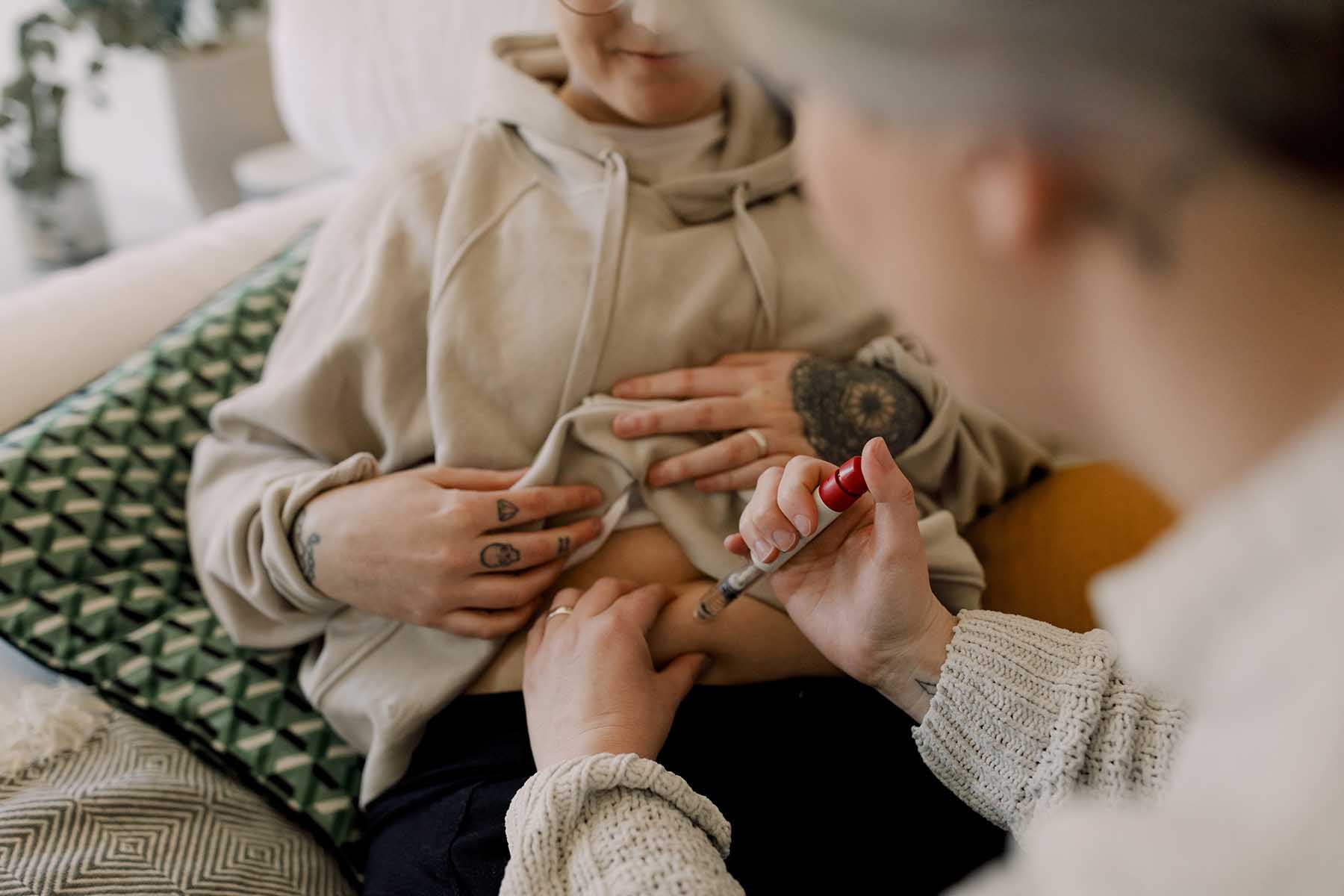
Public hospital subsidies are only for citizens and permanent residents under 40, likely aimed at addressing declining birth rates. In 2022, Singapore had a total fertility rate of just 1.04 births per female resident and a median first-time mother age of 31.4.
The government subsidizes up to:
- 75% for couples of two citizens
- 55% for a citizen/permanent resident couple
- 35% for a citizen/foreign couple
Private clinics have no strict age restrictions, but most set an upper limit of around 45 years. There are also no limits on relationship status or previous cycles. Treatments like IVF, IUI, and egg or sperm donation are generally available.
However, fertility treatments in Singapore are only available to heterosexual couples. For the LGBTQIA+ community, this means having to seek options abroad. Also, the Singapore government only recognizes the birth mother as the legal parent, leaving the other caregiver without an official parental status.
Maternity healthcare services in Singapore
Discovering you are having a baby while living abroad can be an exciting yet overwhelming experience. In Singapore, affordable and convenient at-home pregnancy tests are available at local pharmacies for preliminary confirmation.
If the test is positive, making an appointment with an obstetrician-gynecologist is the next step to confirm the pregnancy and discuss prenatal care options officially.
Public hospitals like SGH, NUH, and KKH offer high-quality maternity services for prenatal appointments and delivery. However, their subsidized rates are for citizens only. Expats can still utilize their facilities but should expect higher out-of-pocket costs than locals.
Alternatively, many international residents choose private hospitals such as Mount Elizabeth, Gleneagles, or Thomson Medical. Opting for private care means access to:
- Enhanced amenities
- Flexibility in selecting preferred doctors
- Shorter waiting times
On the other hand, costs at private hospitals are significantly higher without insurance coverage.
To help offset expenses, purchasing pregnancy insurance early on is highly advisable for expectant foreign mothers. Comprehensive policies can cover:
- Prenatal checkups
- Delivery fees
- Hospitalization
- Postnatal care
Those with pre-existing conditions should verify if exclusions apply.
Expat women can receive up to 12 weeks of maternity leave in Singapore if they have worked for their employer for at least three months before delivery.
Breastfeeding in Singapore
Singaporean culture tends to be more conservative when it comes to public displays of intimacy. As such, nursing mothers rarely breastfeed openly without using a cover. Some malls, offices, and transit stations have designated nursing rooms, but these are not yet widespread. As a result, finding a comfortable place to breastfeed discreetly can be challenging.
While openly breastfeeding in public may still raise some eyebrows, around 97% of mothers initiate breastfeeding, and nearly 40% do it exclusively at six months. This is an increase from just a decade ago.
Menopause health services in Singapore
Menopause-specific health services are typically not covered under public health insurance in Singapore, though some private insurance plans may provide coverage for certain treatments.
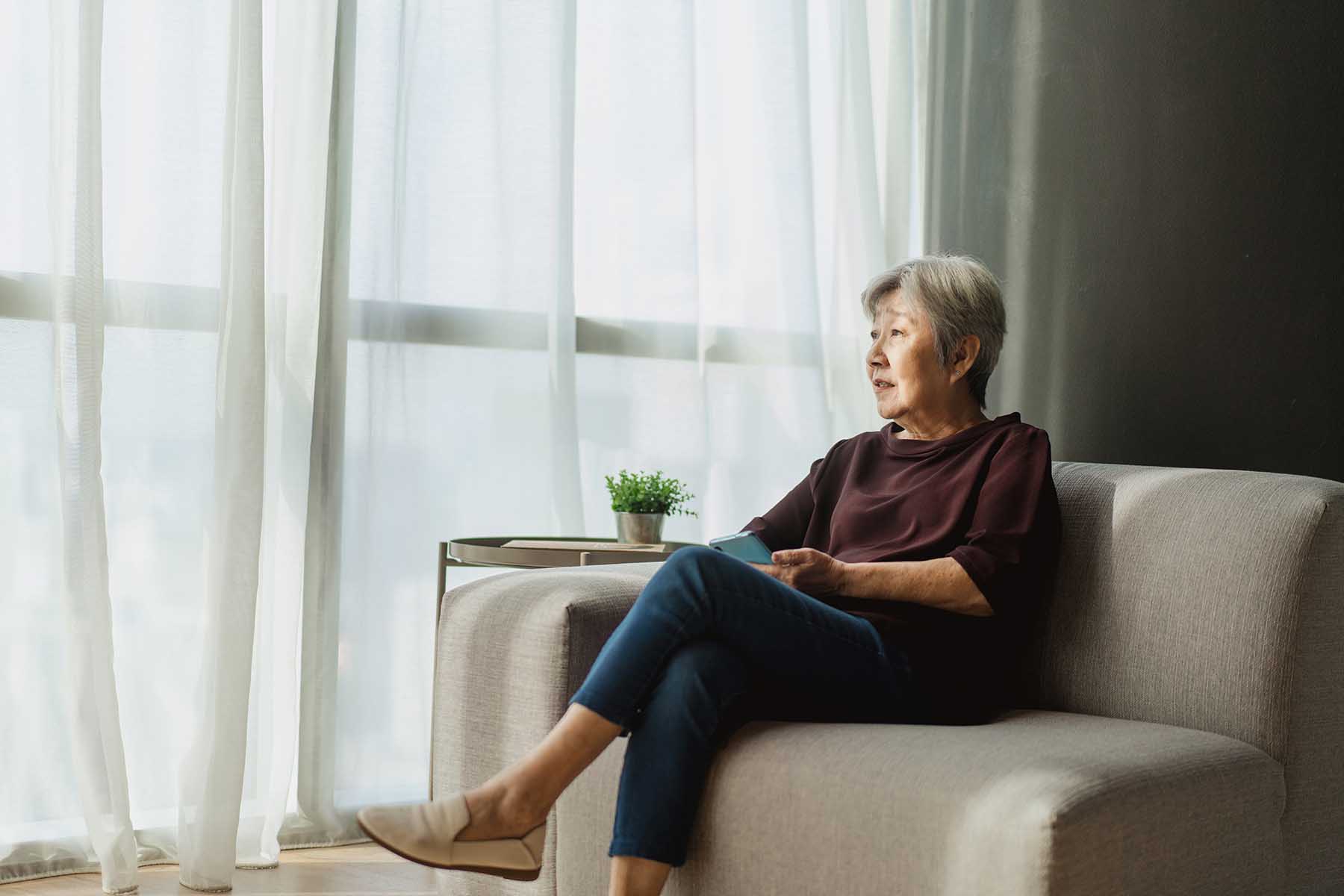
Women in Singapore going through menopause can see a gynecologist first to evaluate their symptoms. Hormone replacement therapy (HRT) and vaginal estrogen treatments are commonly prescribed to help relieve symptoms like hot flashes and vaginal dryness. If needed, doctors can prescribe osteoporosis medications as well.
Doctors or psychiatrists can further prescribe antidepressants or anti-anxiety medications to manage severe mood changes during menopause. Lifestyle changes such as diet, exercise, and stress management may also help to manage the symptoms.
Services for abuse and violence against women in Singapore
As in many societies, Singapore also struggles with domestic abuse, sexual assault, and other forms of gender-based violence. In response, authorities have expanded support services and legal protections for female victims.
If you require urgent assistance, call 999 for police or 995 for an ambulance.
Here are some key resources available for women living with abuse or violence in Singapore:
- PAVE Integrated Services for Individual and Family Protection: Provides counseling, legal support, and shelter referrals for domestic abuse victims
- AWARE’s Women’s Helpline: Telephone counseling and referral service operating on weekdays, 10:00–18:00
- Care Corner: Specialist support for victims of family abuse and sexual assault
- Star Shelter: Emergency housing for women and children fleeing family violence
Victims can file a police report at any Neighbourhood Police Post (NPP) to formally report domestic abuse, sexual violence, or other crimes. Female officers can be requested.
Alternatively, call PAVE or AWARE first for guidance on seeking legal protection and social services support. Their experienced counselors can advise on safety planning, housing assistance, counseling, and applying for Protection Orders.
Useful resources
- Ministry of Health (MOH) – the official Ministry of Health website provides information on healthcare policies, costs, facilities, and more in Singapore
- HealthHub – the official MOH health education website. It has a dedicated section on women’s health covering topics like pregnancy, cervical cancer screening, menopause
- Breast Cancer Foundation(BCF) – provides breast cancer screening, treatment, support and promotes awareness
- Ministry of Social and Family Development – provides resources and support for women in Singapore
- Health Promotion Board (HPB) – has resources on women’s health topics like cervical cancer, pregnancy, menopause, and more
- SingHealth – SingHealth hospitals provide women’s health services, including obstetrics and gynecology
- Silver Ribbon Singapore – non-profit providing mental health support


